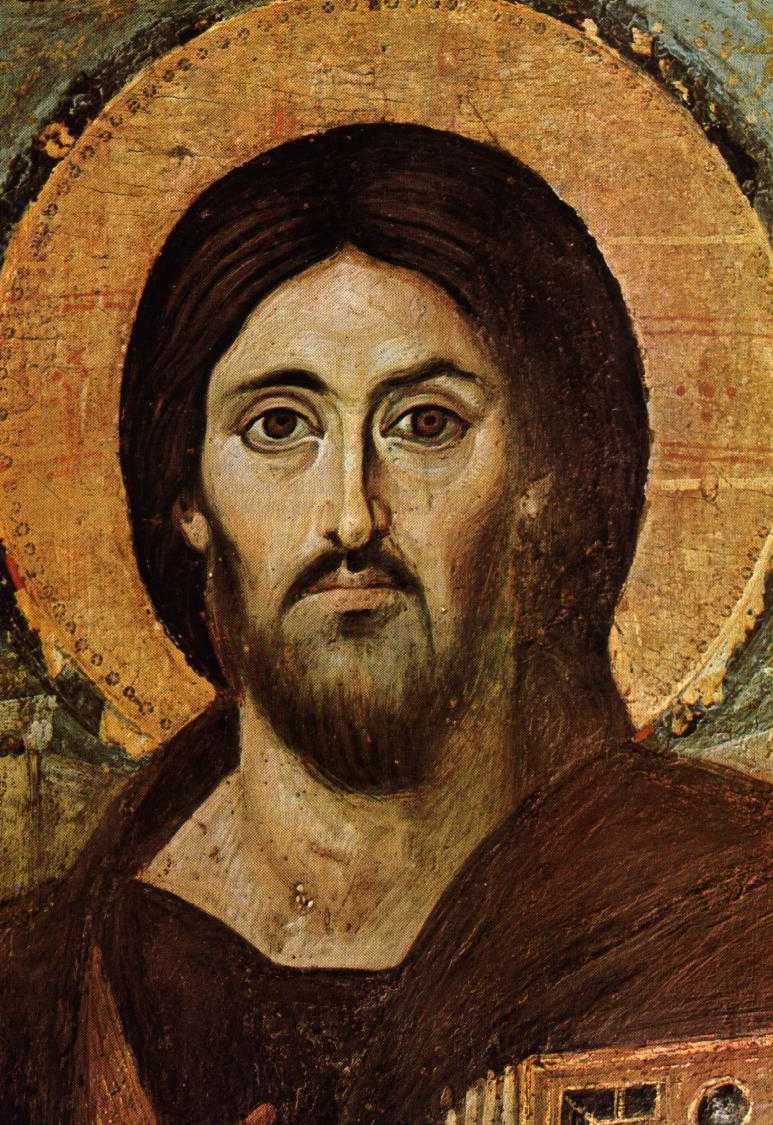
Bethlehem
Bethlehem: its name means "house of the bread" or Lehem's House. it's called Efrata too, whcich means: the fertile (or the fruitful). The town is on a hill situated 9 km far of Jerusalem, along the way that leads to Hebron.
Bethlehem is the birth-place of King David and the locality of Ruth's history. But its name remembers a Messianic oracle of Michea prophet : "And you, Betlem of Efrate, so little to be among the country seat of Judas, from you will come out the Man whom must be the ruler in Israel; his origins are since the antiquity, since the remote days" (Michea 5,1). It's the same oracle that the evangelist Matteo shows realized with the birth of Jesus after seven centurys, exactly happened in the small town of the Judaea.
"In those days a decree went out from Caesar Augustus that all the world should be enrolled. This was the first enrolment, when Quirinius was governor of Syria. And all went to be enrolled, each to his own town. And Joseph also went up from Galilee, from the city of Nazareth, to Judea, to the city of David,which is called Bethlehem, because he was of the house and lineage of David, to be enrolled with Mary, his bethrothed,who was pregnant. And while they were there, the time came for her to be delivered. And she have birth to her first-born son and wrapped him in swadling bands, and laid him in a manger, because there was no place for them in the inn" (Lc 2,1-7).
The historicity of Jesus birth, in the place here revered since the first centurys, is attested by a solid tradition, besides by the archaeological testimony.
"The Palestinian martyr Giustino, which wrote some christian books about the 150 after Christ, he is the first person to refer about a grotto in Bethlehem, where was born Jesus. Since the beginning of the christian community of Jerusalem, this grotto was been revered particularly.
According to Saint Jerome, at the beginning of the second century, Adrian emperor transformed the place of the grotto in a wood with a pagan temple. He wanted eliminate every track of christian religion. But this gesture only served to preserve the best one can the memory of the grotto and of the christian cult connected to it (Sui passi di Dio, Guida, ELLE DI CI LEUMANN, pag. 70).
The profanation didn't last a long time and the grotto of the Nativity was revered again by the christians and the pilgrims. Between the first and the second century, the famous christian writer Origene of Cesarea Maritime (Israel), wrote: "At Betlehem is shown the grotto in which Jesus was born, and in the same grotto, there's the manger where he was wrapped in bands. swaddlinghands. And are so known these places that also the extraneouses of our faith know like Jesus, that the christian adore and admire, was born in a grotto"(Giuseppe Marocco, Betlemme tra Storia e profezia, Storia di Ges¨, Ed. Rizzoli, vol. I░, pag. 62).
In the first half of the fourth century, in the 326 perhaps, Costantino emperor built a basilica. It's attested by Eusebio of Cesarea. Also the Pilgrim of Bordeaux says: "Where our Lord Jesus Christ was born, Costantino built a basilica".(Cfr. Sui passi di Dio, Guida, ELLE DI CI LEUMANN, pag. 70).
In the 549 Giustiniano emperor restructured the Basilica, modifying the plan of it and render it more beautiful.
"First the persians of Cosroe, after the arabians of Omar, destroied many churches in Betlehem, but saved the Nativity basilica: perhaps on the frescos of the frontage of this Church, the persians had recognized some persian dignitarys in the three Wise Men, and the arabians had recognized the Virgin Mary with the child Jesus. And for this the basilica wasn't destroyed. ….
Because of the hard historical situations, the central door of the basilica was walled up. And nowadays there's a little door again.
Now, after the repairs operated between the1962 and the 1964, the christians pilgrims can visit the other grottoes adjacent to that of the Nativity. This confirms the opinion that the grotto of Nativity was revered by christian pilgrims since ancient times.
Now Betlehem is a small town of 35.000 inhabitants. Lately the territory belongs to the Authority of Palestine.
TO THE DISCOVERY OF JESUS OF NAZARETH
| We ask, heartily, to the Government of
Israel to prevent the construction of the mosque near the Basilica of Annunciation to
Nazareth, in the Galilea. The place is particularly dear to the whole Christianity and the vicinity of an islamic mosque, could cause dangerous frictions between the pilgrims of diverse religions, besides to discourage christian pilgrimage every year |